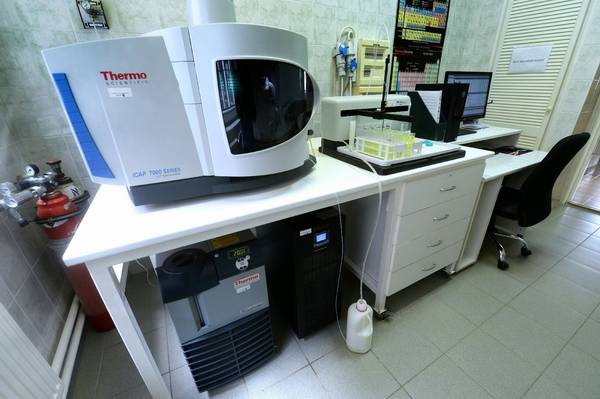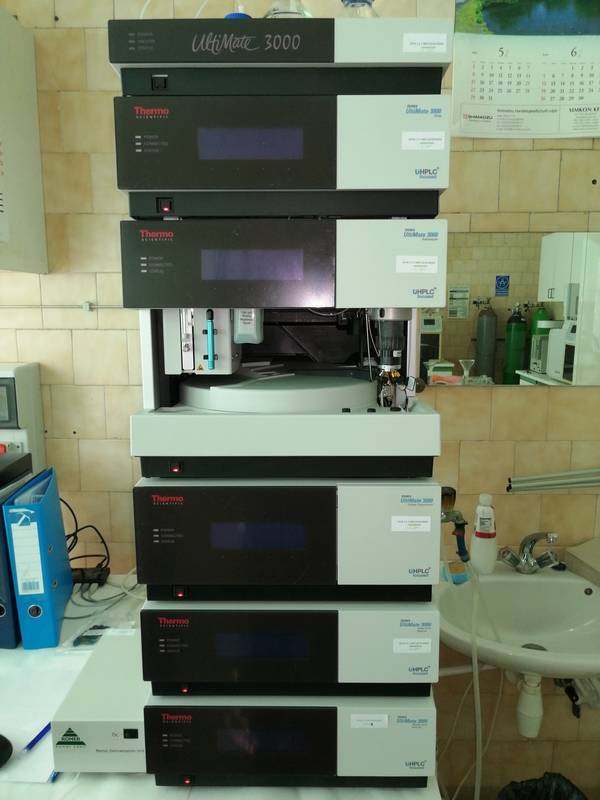Pannon Breeding research topics of the University of Debrecen
In the agricultural instrument centre at the MÉK faculty of the University of Debrecen sensory, microbiological, immunochemical, molecular, physical and chemical tests of plant materials, soil, forage material, forage, food raw materials, food, agricultural and industrial products are conducted. The center, as a research background infrastructure, is at the service of all interested researchers. The center’s profile includes not only analytical research but soil sampling related to crop production, horticulture, forestry and water management activities as well as sampling and physical, rheological and chemical examination of cereals and industrial seeds.
Laboratory tests partly involve conducting classical analytical analyses (eg. pH, titration) and partly instrumental analytical tests. These research activities can determine with high sensitivity, precision and last but not least with a very low lower measurement limit e.g. the concentration of elements in environmental (plant and soil) samples, or the amount of organic contaminants, antinutritive molecules in the products.
From the soil, plants can absorb and accumulate different amounts of certain elements (bioaccumulation). Highly accumulating plants allow for the “cleaning” and re-cultivation of soil contaminated with toxic elements (eg. mercury, cadmium, lead, nickel, chromium). As part of the consortium research, the center is involved in the study of plant materials and soil elements, among other things. By “extended” examination of the soil (soil pH, Gold binding, total water-soluble salts, humus, lime content, phosphorus, potassium, nitrite and nitrate, sulphate, sodium, zinc, copper) we can get a picture of the nutrients of the production area, while with toxic elements we characterize the development of the pollution of the area. The examination of the content of plant crops, such as our cereals (starch, dietary fiber) contributes to the understanding of the effect of the treatments in the soil-plant system, to the characterization of the crops in the given production area. Plant element content analysis can characterize the turnover of soil and plant nutrients and toxic elements and all these data help the research goals of the consortium.

